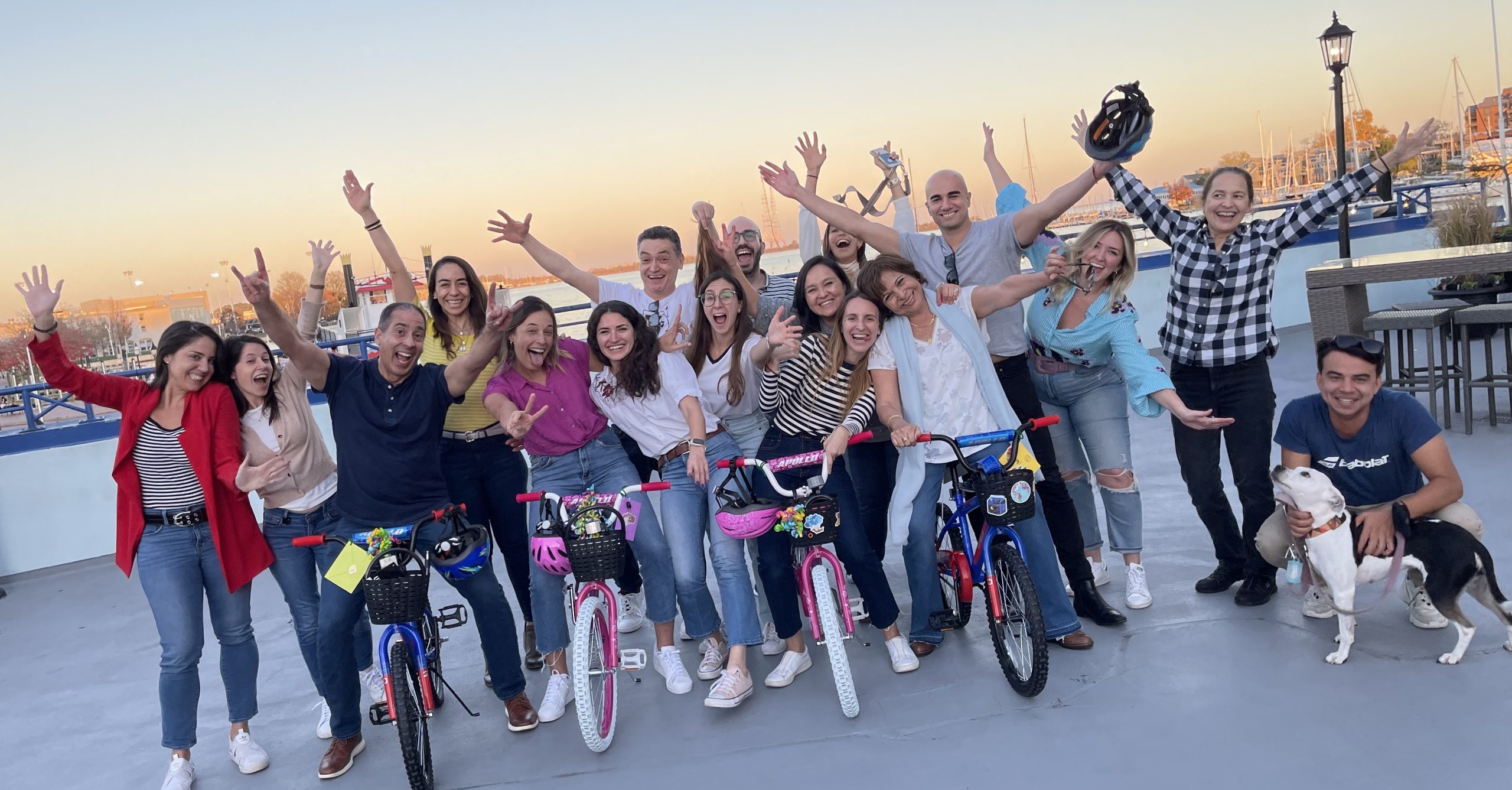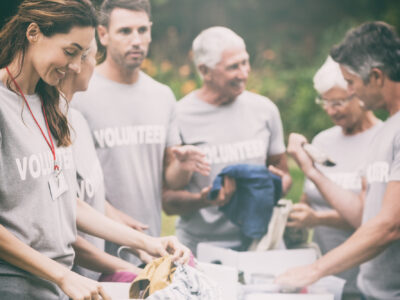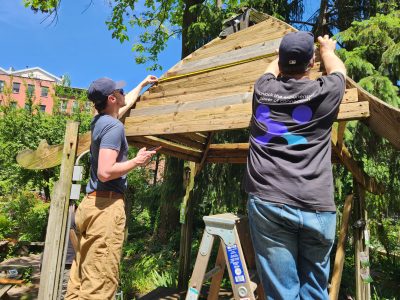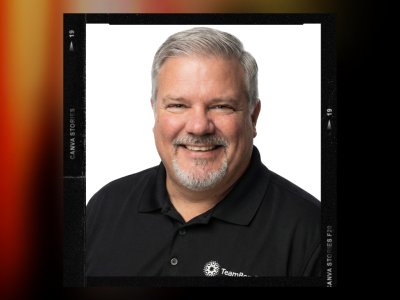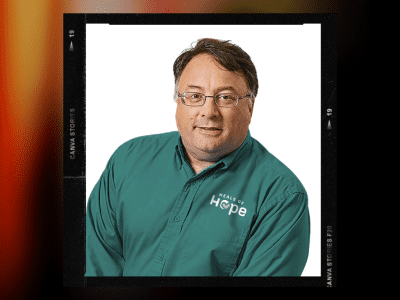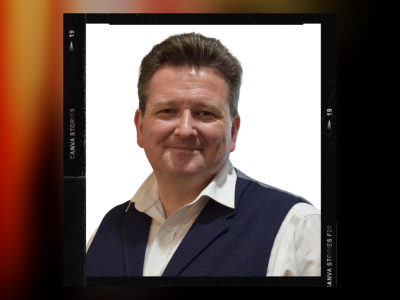STRONG TEAMS DON’T HAPPEN BY CHANCE 
Collaborative Play at Work
w/ Markus Rüse
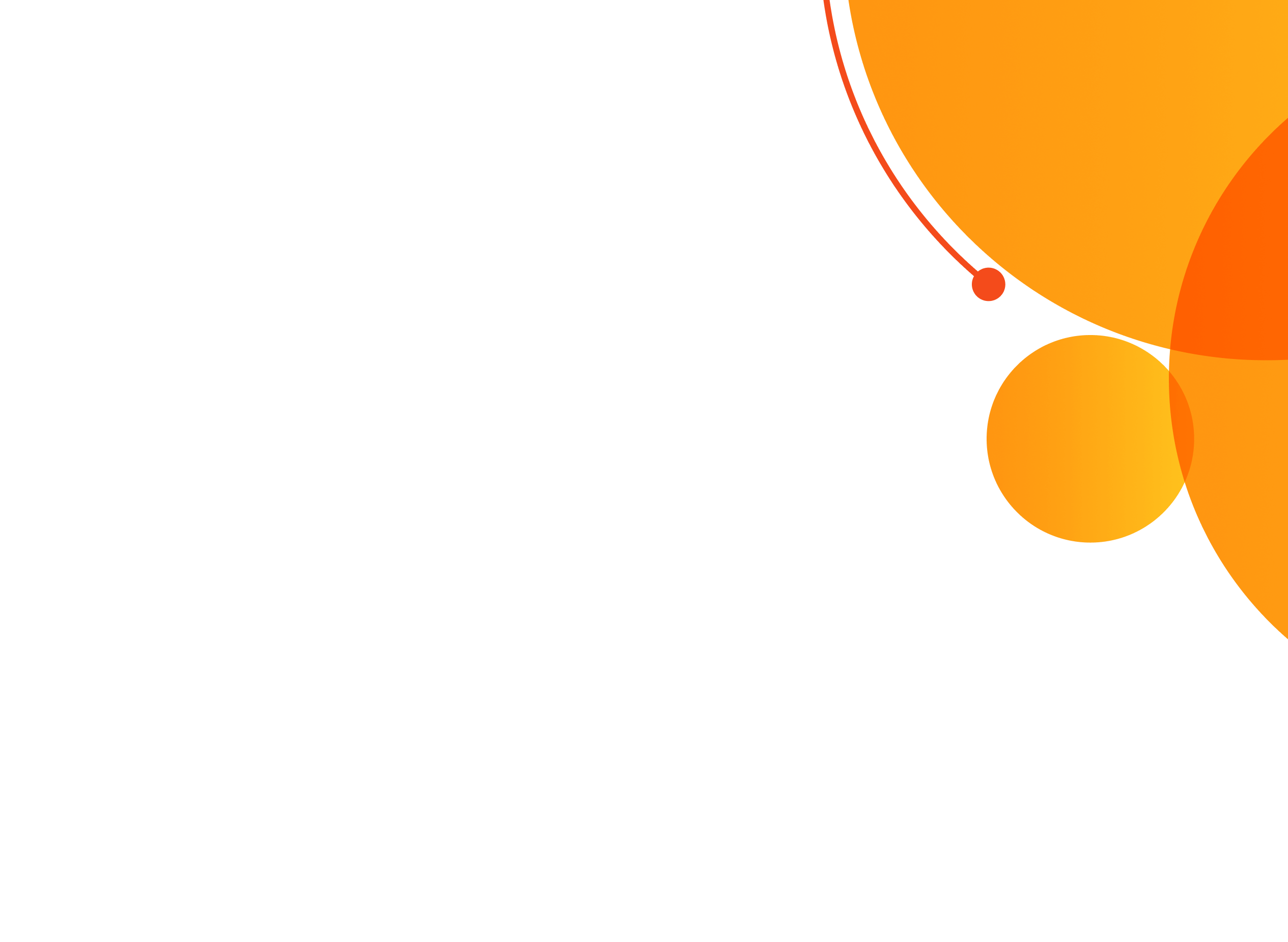
Use the buttons above to listen now.
September 23, 2025
In this episode, we dive into the world of collaborative play with Markus Rüse, the mastermind behind our popular corporate team building game Beat the Box. Markus shares his journey from loving games as a child to creating large-scale cooperative games for adults that bring teams together in unexpected and exciting ways. We explore what is collaborative play, why it works so well in team settings, and how it helps employees communicate, strategize, and solve problems together. Plus, we discuss some of the best collaborative games for boosting engagement and collaboration, whether in the office or at virtual events. If you’re looking for ways to energize your team and foster a culture of connection, this episode is packed with insights and inspiration.
About Markus Rüse
 Markus Rüse is the founder and managing director of Spielgestalter, a team-building agency based in Germany. For over 12 years, he has been designing events and experiences that bring people together through play, emotion, and innovation. His best-known format, Beat the Box, has become one of the world’s most successful standardized team-building games, licensed in over 50 countries.
Markus Rüse is the founder and managing director of Spielgestalter, a team-building agency based in Germany. For over 12 years, he has been designing events and experiences that bring people together through play, emotion, and innovation. His best-known format, Beat the Box, has become one of the world’s most successful standardized team-building games, licensed in over 50 countries.
Curious and creative by nature, Markus blends analog games, technology, and unexpected ideas to create engaging and memorable group interactions. He brings a playful, down-to-earth approach that resonates across cultures and industries.
During games, the masks come down. People collaborate, experiment, and discover how to work together in ways they might not in their normal work environment.
Markus Rüse
More great podcast episodes.
Season 6 | Episode 18
That’s a Wrap!
Season 6 | Episode 17
Work-Life Integration
Season 6 | Episode 16
Laughing it Off
Season 6 | Episode 15
Corporate Volunteerism in Action
Season 6 | Episode 13
The Science of Supportive Workplaces
Season 6 | Episode 12
The Power of Being Present
Season 6 | Episode 11
The Age Advantage
Season 6 | Episode 10
VUCA-Proof Your Leadership
